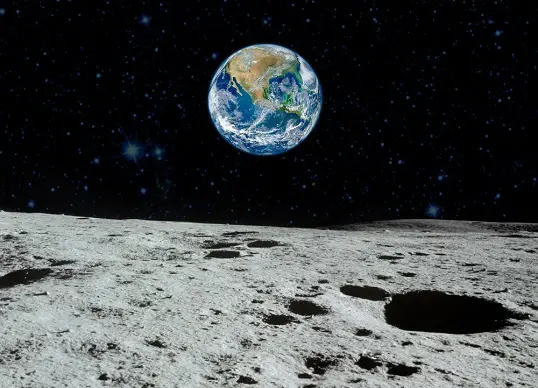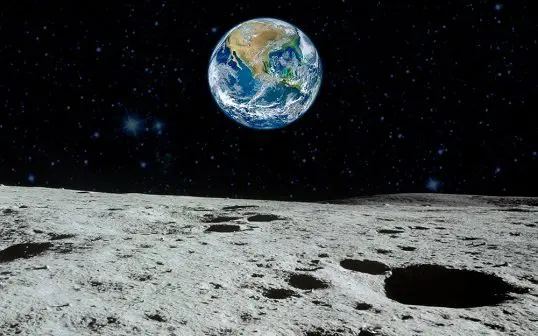
Another three nations have signed the Artemis Accords in the past week, with Switzerland, Sweden, and Slovenia agreeing to work with NASA to establish a sustained presence on the Moon, and eventually send a crewed mission to Mars.
On April 15, 2024, Switzerland became the 37th country to sign the pact. The following day, Sweden became the 38th country to sign up, and on April 19, Slovenia became the 39th member nation.
“Sweden has an advanced space sector,” said the country’s Minister for Education, Mats Persson, who signed the documents on behalf of the Swedish government. “By joining the Artemis Accords, Sweden strengthens its strategic space partnership with the US on space covering areas such as Swedish space research and the space industry, which in turn also strengthens Sweden’s total defence capability,” he said.
The Accords, established by NASA and the US Department of State in 2020, reinforce the 1968 Treaty on Principles Governing the Activities of States in the Exploration and Use of Outer Space, Including the Moon and Other Celestial Bodies, otherwise known as the Outer Space Treaty. The Accords also emphasise a commitment on behalf of the US to the Registration Convention, the Agreement on the Rescue of Astronauts, and other standards that NASA and its partners support.
“Artemis will be the broadest and most diverse international human space exploration program in history, and the Artemis Accords are the vehicle that will establish this singular global coalition,” said NASA’s Administrator at the time, Jim Bridenstine.
Four years later, on or about September 2025, NASA intends to send the first crewed mission to the Moon in over five decades. This mission is known as Artemis II. In September 2026, NASA wants to land humans near the lunar South Pole – Artemis III. In 2028, the space agency intends to launch the first mission to the Gateway lunar space station.
Australia became a signatory to the Accords in October 2020, one of seven nations that initially signed up. NASA was keen to have Australia onboard because of the country’s expertise in robotics, automation, and remote asset management. At the time, then Prime Minister Scott Morrison said the Artemis Mission and the growth of the space sector offered Australian businesses enormous opportunities and signing up would make those businesses more competitive.
Switzerland said it signed the Artemis Accords to increase its cooperation with NASA and the other signatory nations. In a statement, the Swiss government said it wanted to create the best possible framework conditions for Swiss space research and industry to participate in future NASA missions.
Slovenian Economy Ministry State Secretary Matevž Frangež said signing the Artemis Accords opened “an exceptionally important strategic door to cooperation in the US space programmes.” In the same week, Slovenia’s Foreign Policy Committee approved the country’s acceptance of an invitation to become a full member of the European Space Agency.
Jamie Harpootlian, the US Ambassador to Slovenia, said the country was a rising leader in space. “We look forward to taking our collaborations with Slovenia on science, technology, and innovation to new frontiers.”





